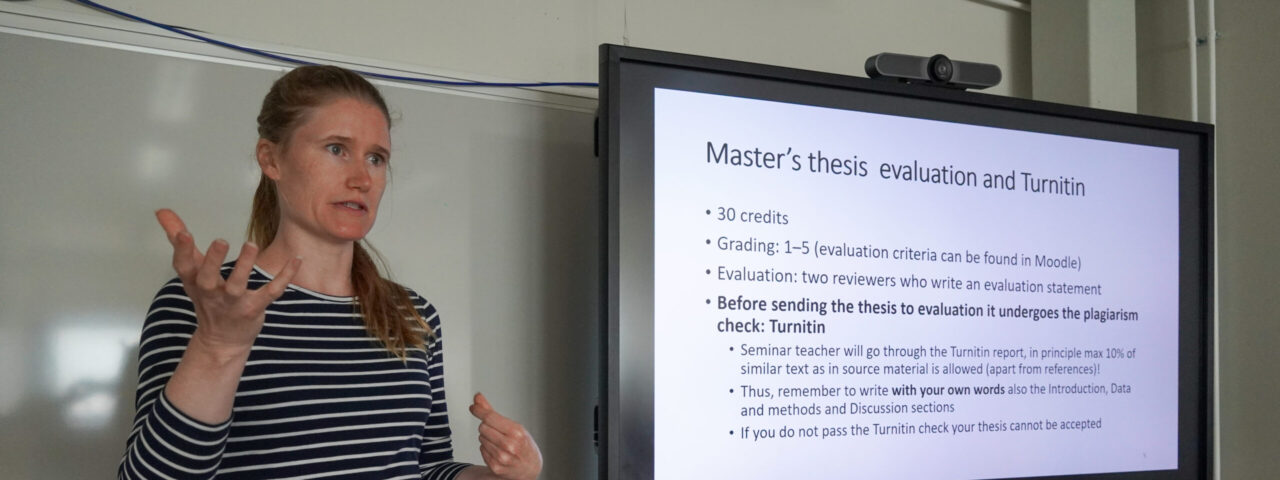Master’s Degree Programme MPInvest
Master’s Degree Programme in Inequalities, Interventions and New Welfare State
Programme in Inequalities, Interventions and New Welfare State is a cross-disciplinary, international study programme, located in the INVEST Research Flagship Centre at the Department of Social Research, Faculty of Social Sciences. We utilise world-class social and behavioural scientists to educate our students, with strong emphasis on quantitative research skills. These make the programme unique both in Finland and in Europe at large.
Next application period: January 2025
About this degree
The degree consists of compulsory studies (99 ECTS) and elective studies (21 ECTS). The compulsory studies include subject studies, courses on quantitative methods, language studies, the master’s thesis, thesis support, and career advancement.
The first year of studies mainly consists of methods and substantive courses together with the initial development of the thesis idea and proposal. The excellent prerequisite courses are designed to help students from various backgrounds become familiar with the basic methods and concepts of INVEST. Second year studies will center on thematic seminars and the thesis in the first semester and will also include work-life competences, and internship and exchange studies in the second semester.
Thesis support is carried out as an INVEST Research Proposal Workshop that prepares students for their master’s thesis, following the model of an academic research project. The research topics for the projects are to be chosen with the principal investigators of the INVEST Research Flagship Centre research groups and it is expected that the final product (thesis) would be publishable as a research article in a peer-reviewed academic journal. In addition, students will attend research seminars that prepare them to finalise their thesis.
To get practical experience and general understanding of the principles of working life and applying for jobs, the programme includes also an internship. The student works for three months in a position relevant to their education and receives guidance before and during the work experience.
See also
Contact:
Academic matters:
Mirkka Danielsbacka
mirkka.danielsbacka@utu.fi
+358 29 450 4052
The application process:
Tuula Karjalainen
tuusah@utu.fi
+358 29 450 3117

